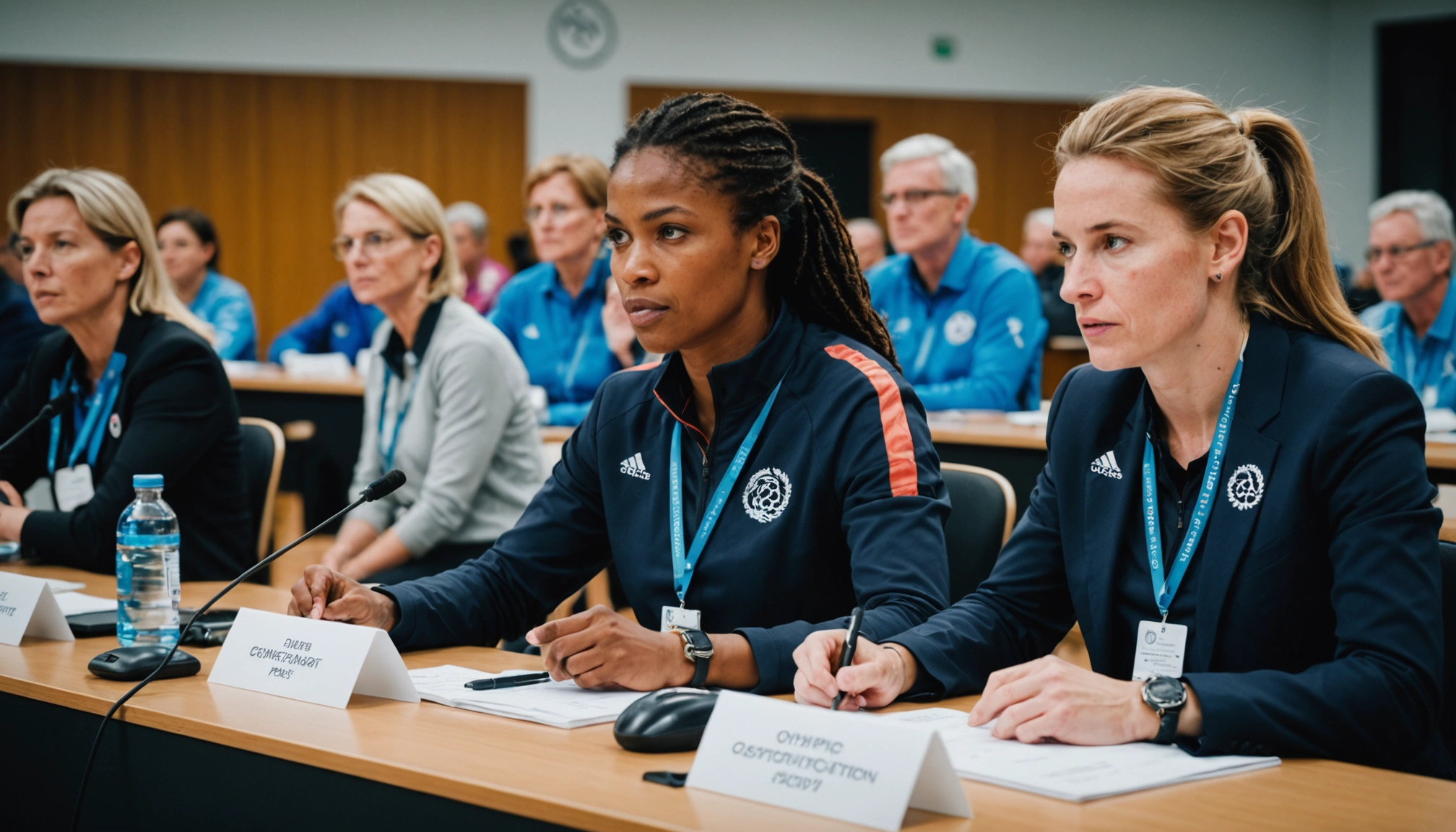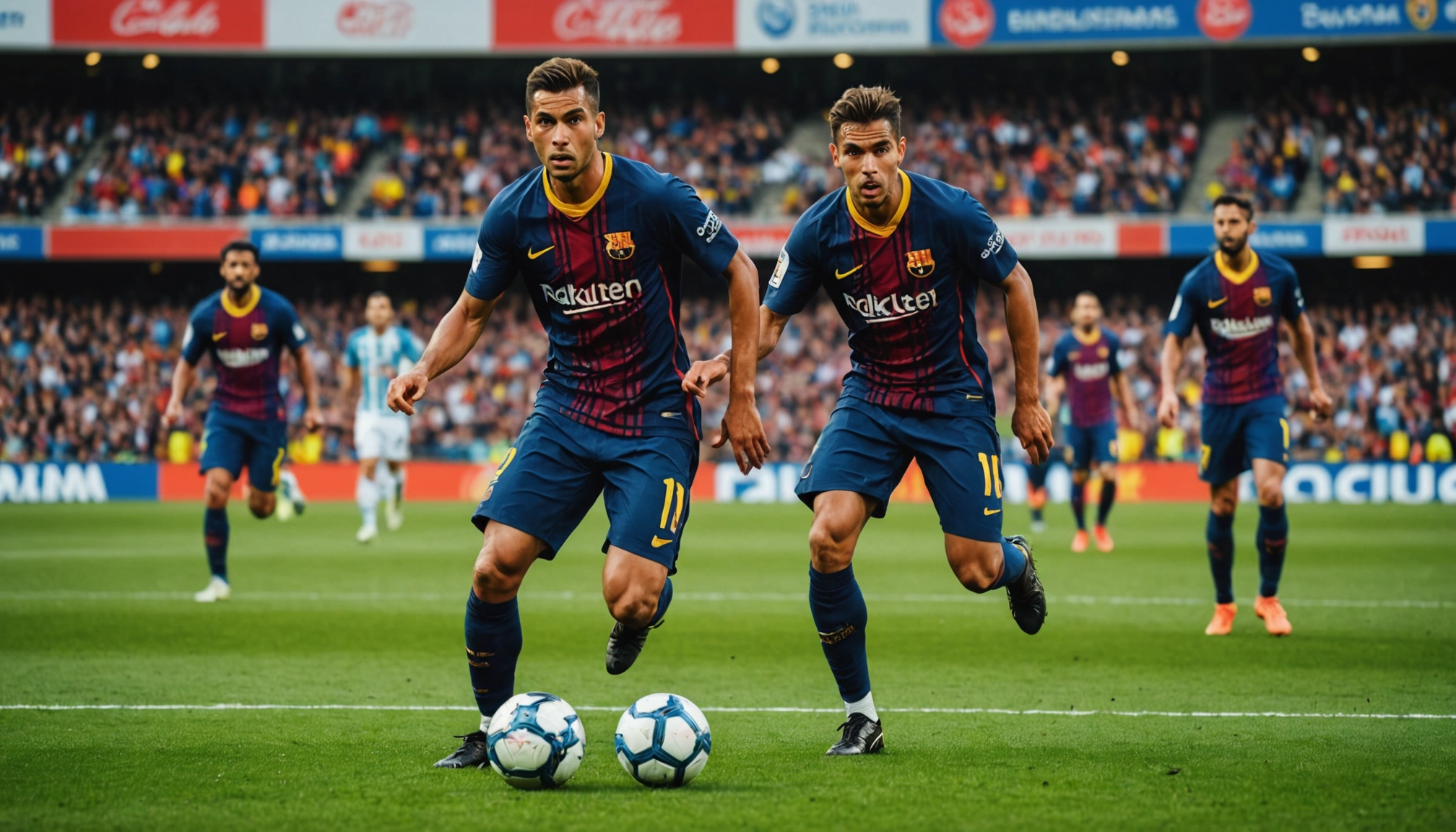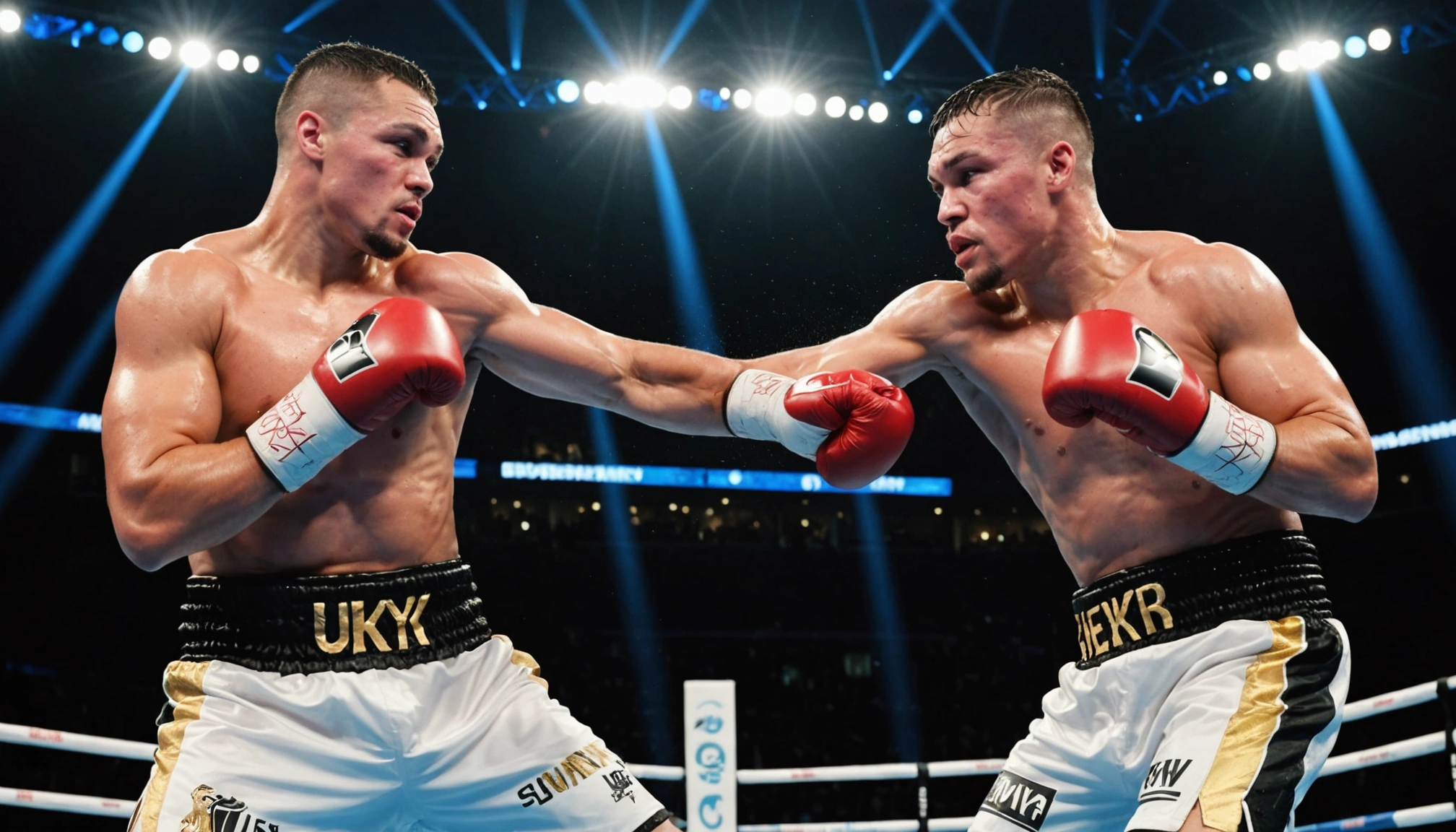How the IOC is reshaping the Olympic Games for the future
Explore the IOC's new initiatives under president Kirsty Coventry, aiming to protect women's sport and innovate for the 2028 Olympics and beyond.

By Editorial
The international Olympic committee's fresh vision under Kirsty Coventry
With Kirsty Coventry at the helm, the International Olympic Committee (IOC) is embarking on a transformative journey to modernise the Olympic Games. Since her appointment as president, Coventry has prioritised inclusion, fairness, and sustainability, setting up four distinct working groups to address pressing challenges. Among these, the protection of women's sport has emerged as a central focus, reflecting growing global conversations about equality in athletics.
Protecting women's sport: why it matters
The IOC's dedicated working group for women's sport aims to safeguard female athletes' rights and opportunities in a rapidly evolving sporting landscape. This initiative responds to issues ranging from fair participation policies to combating discrimination and harassment. For example, the group is reviewing eligibility criteria for transgender athletes to ensure competitive fairness while respecting human rights, a topic that has sparked extensive debate internationally.
Moreover, this focus aligns with broader Olympic values promoting gender equality. Over recent Games, women’s representation has steadily increased, with the Tokyo 2020 Olympics achieving near parity in athlete participation. Yet challenges remain, particularly in less prominent sports or regions where cultural barriers persist.
The return of cricket and new sports shaping the 2028 Olympics
The 2028 Los Angeles Olympics will showcase exciting developments, including cricket’s comeback as a six-team T20 tournament for both men and women. This format, known for its fast pace and spectator appeal, promises to engage new audiences and expand the Olympic portfolio beyond traditional staples.
Additionally, the introduction of mixed-team golf events and the scheduling of matches at fan-friendly times, such as 9am starts for cricket, demonstrate the IOC’s efforts to balance athlete welfare with global viewer accessibility. These changes reflect a strategic shift towards modern entertainment values without compromising the Olympic spirit.
Spotlight on British athletes and global competitors
British athletes continue to excel on the world stage, with notable achievements across various disciplines. For instance, Ross Cullen’s recent BMX World Cup victory in the Netherlands highlights the rising prominence of British cycling talents. Similarly, GB’s Para-canoe team topped the medal table at the European Championships, showcasing the country's strength in disability sport.
Globally, stories like Nigerian aspirations for flag football berths at LA 2028 exemplify the increasing international diversity of Olympic competitors. Flag football, a sport growing rapidly in popularity, especially in the United States, is gaining traction worldwide and reflects the IOC’s commitment to including emerging sports that resonate with younger generations.
Balancing tradition and innovation in Olympic planning
The IOC faces the complex task of honouring Olympic traditions while embracing innovation to attract future audiences. Brisbane's plan to build a 63,000-seater stadium for the 2032 Games illustrates investment in infrastructure to support large-scale events, fostering community engagement and economic benefits.
At the same time, the decision to hold the LA 2028 opening ceremony across two stadiums breaks from convention, aiming to maximise attendance and showcase multiple venues. These bold moves signal a willingness to rethink how the Games are experienced by both live audiences and global viewers.
Challenges ahead: fairness, sustainability, and athlete welfare
While the IOC’s initiatives are promising, significant challenges remain. Ensuring fair competition is paramount, especially in sports undergoing scrutiny for rule changes or athlete eligibility. For example, the FEI's investigation into repeated horse whipping in equestrian events and disputes over boxing’s Olympic status highlight ongoing governance complexities.
Environmental sustainability also demands attention, with host cities pressured to minimise the Games' carbon footprint. The IOC’s evolving policies encourage greener venues and responsible resource use, aligning with global climate commitments.
Lastly, athlete welfare, encompassing mental health and career transitions, is increasingly recognised. Stories such as Olympic champion Pearne-Webb’s retirement and Lewis Richardson turning professional after medalling point to the importance of supporting athletes beyond competition.
What this means for British sports fans and future Olympians
For UK audiences, these developments offer exciting prospects. Increased female participation and the inclusion of sports like cricket and flag football could inspire the next generation of British Olympians. Fans can anticipate more diverse and dynamic Olympic experiences, both in-person and through media coverage.
Furthermore, the IOC’s commitment to dialogue and reform under Coventry suggests a more transparent and athlete-centred Olympic movement. This could enhance sport integrity and foster a more inclusive global sporting community.
Conclusion: embracing a new era in Olympic history
The International Olympic Committee’s recent initiatives mark a pivotal moment in the Games’ evolution. By focusing on protecting women’s sport, integrating innovative formats, and addressing key challenges, the IOC aims to deliver a sustainable, fair, and captivating Olympic experience. As the countdown to Los Angeles 2028 continues, athletes, fans, and organisers alike are poised to witness a reinvigorated celebration of global sporting excellence.
Related topics
Editorial
Sports expert at SportsScoop
Specialist in sports analysis and journalism
Related articles
Want to read more?
Explore our comprehensive collection of sports articles and analysis, or contact us for more information.



